Today, I'd like to address Anger as a coaching topic that often carries a certain stigma, especially for leaders, and women.
There is a lot to be angry about these days, given the current political and economic context. So, how do we effectively manage our feelings of anger at work?
I've experienced this issue while working with and for multiple leaders. Unchecked anger has a way of permeating throughout an organization, affecting its culture and trickling down to the rest of the team. Before you know it, you're dealing with a toxic work environment, and it's difficult to trace how you got there.
It's crucial to understand that anger is not inherently wrong. Despite being a socially prohibited emotion in the workplace, sometimes at home, it is still just an emotion.
Here are four reflective steps I recommend to help you regulate yourself when you experience anger:
Step #1: Feel
Change begins with awareness.
❓What do you feel in your body when you're angry?
❓What thoughts and other negative feelings accompany this emotion?

Take a moment to sit with it.
Step #2: Release
❓As you're aware, what do you decide to do or not do now?
❓What will help you let the anger pass?
Letting your emotions pass brings back clarity so you can make the best decision forward.
For me, what works to calm down in a few minutes is to isolate myself for a few minutes to breathe in and out, sometimes screaming out loud (try it!).

You'll know you're no longer angry when you feel light again in your body. Don’t think it, but feel it.
Step #3: Learn
“Trauma is not what happens to you. Trauma is what happens inside you as a result of what happens to you.“
— Gabor Maté
Anger is an emotion happening inside us, and not to us. Anger often signals that a boundary was crossed. Reflect on what triggered your anger and why.
❓Who or what are you angry with?
❓Who does that person or situation remind you of from your past?
❓What other feelings or memories does it trigger? (i.e. pain, fear, trauma…)
Step #4: Act
The final step in processing anger sometimes involves taking action, sometimes just taking the learning with you.
❓With what you learned, what will you do?
❓If you decide to set boundaries with someone, whom will you talk to, and what will you say?
I recommend practicing Non-Violent Communication if you need to address a violated boundary with someone. This offers an excellent opportunity to repair trust in the relationship.

What if the person rejects your request or remains unchanged?
That will be a topic for a future Minute Coach Newsletter.
Wishing you a fantastic week, and remember, make friends with your anger!
💌 If you enjoyed this article, subscribe to our newsletter to receive future leadership updates.
🎙 Don't forget to follow the podcast show!



















.jpeg)



